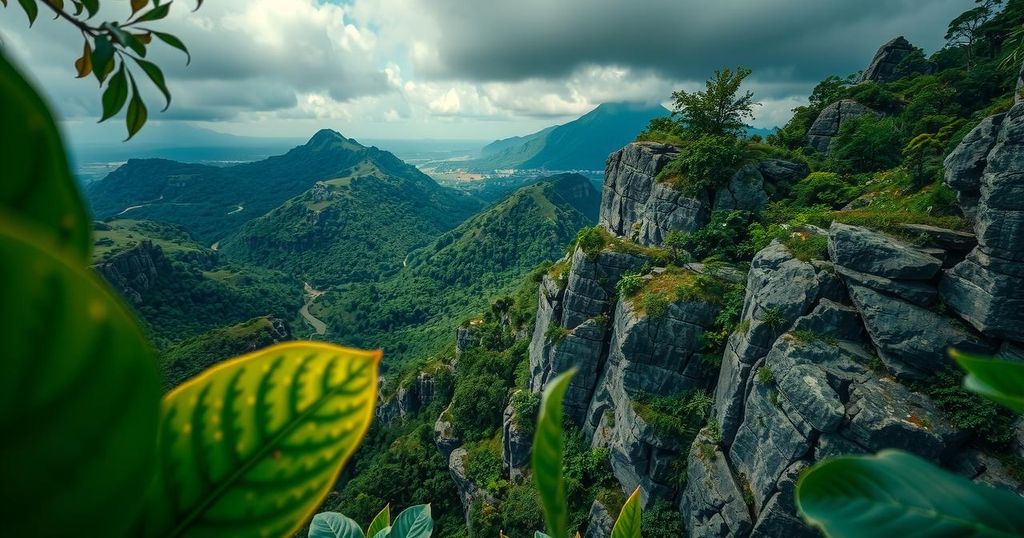Brazil has shown substantial progress in combating deforestation, with a 50% reduction in the Amazon during the first ten months of President Lula da Silva’s term. The Tropical Forest Finance Facility (TFFF) aims to pay developing countries for forest preservation services, targeting a $125 billion investment fund financed by loans from wealthy investors. The initiative fosters nature-based solutions for climate change while providing financial stability to forest-rich nations.
Brazil has emerged as a frontrunner in global environmental leadership through its innovative initiatives aimed at combating climate change. Tropical forests, which are crucial to the planet’s ecological balance, face severe threats from deforestation, with approximately 25 million acres lost annually. This deforestation not only releases stored carbon into the atmosphere but also decreases available forest area for carbon sequestration. However, under President Lula da Silva’s leadership, data indicates a significant reduction in Amazon deforestation—by 50% in just ten months compared to the previous year’s figures. In support of global environmental efforts, the Tropical Forest Finance Facility (TFFF) is poised to launch a groundbreaking financial program. This facility aims to compensate developing nations for the ecosystem services provided by tropical forests, including water management, biodiversity conservation, soil health, and carbon storage. As Brazil gears up to finalize partnership with the United Nations by the year’s end, it hopes to leverage its position as the host of the UN climate summit in 2025 to promote and implement this initiative. The TFFF envisions establishing a $125 billion investment fund, primarily financed by loans from affluent nations, private investors, and philanthropic organizations rather than relying on direct governmental donations. This unique financial structure seeks to create a sustainable grant system that rewards approximately 70 developing countries for maintaining their forests. The proposed compensation is set at $1.60 per acre per year for pristine forests, with independent satellite monitoring to ensure compliance. In addition, any loss of forest would incur penalties amounting to $160 per acre, aligning the financial incentives against deforestation with the economic viability of sustainable land use.
The topic of this article highlights Brazil’s environmental initiatives, particularly in addressing the ongoing crisis of deforestation in its tropical forests, particularly the Amazon. Deforestation poses significant challenges to climate stability, contributing to greenhouse gas emissions while simultaneously undermining the ability of forests to sequester carbon. The introduction of the Tropical Forest Finance Facility (TFFF) represents Brazil’s innovative approach to incentivizing forest preservation through a financial mechanism that rewards developing countries for ecological stewardship. This initiative reflects a broader commitment to sustainable development and nature-based solutions to environmental issues, seeking both international support and engagement in climate change mitigation efforts.
In conclusion, Brazil’s proactive stance on environmental protection, exemplified by the significant reduction in Amazon deforestation and the launch of the Tropical Forest Finance Facility, signals a renewed commitment to addressing climate change. The TFFF not only supports global ecological health but also provides much-needed financial resources to developing nations, allowing them to prioritize forest conservation. As Brazil prepares to host the upcoming UN climate summit, its role as a leader in environmental finance and sustainable development is underscored, fostering optimism for future collaborative efforts to safeguard the planet’s vital natural resources.
Original Source: www.independent.com






